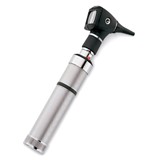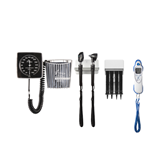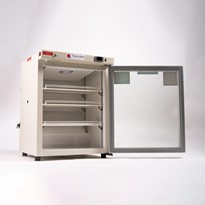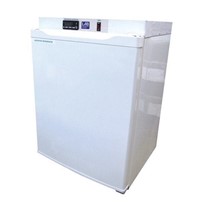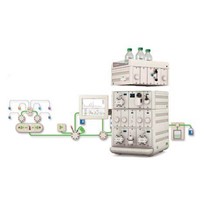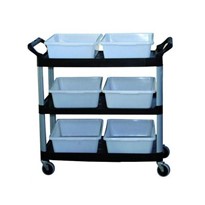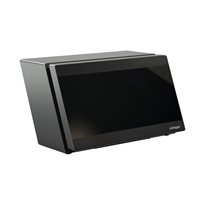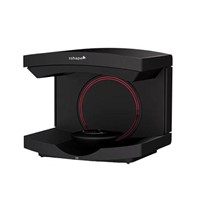Laboratory refrigerators are designed to meet exceptional standards, offering innovative features, easy usability, and consistent performance. These units are available in various styles and sizes, catering to different spaces and applications.
From under-bench models for space-saving needs to large double and triple-door free-standing units for extensive storage, the options are vast. However, the choice doesn’t end at size and style; the functionality varies significantly between models, particularly when comparing Pharmacy Vaccine Refrigerators and Lab Refrigerators.
Comparing Pharmacy Vaccine Refrigerators and Lab Refrigerators
The primary difference between Pharmacy Vaccine Refrigerators and Lab Refrigerators lies in their temperature settings. Pharmacy Vaccine Refrigerators are precisely set at +5°C, with alarms for temperatures 3°C above or below this set point. This precision is crucial for storing sensitive vaccines, ensuring they remain at an optimal temperature for efficacy. On the other hand, Lab Refrigerators offer a broader temperature range, operating between +4°C to +10°C, making them versatile for a wider range of laboratory storage needs. Both types are available in six sizes, ensuring there is a perfect fit for every laboratory's specific requirements.
Understanding the Significance of TGA Approval and ARTG Registration
Compliance with regulatory standards is non-negotiable in laboratory settings. The Therapeutic Goods Administration (TGA) approval and Australian Register of Therapeutic Goods (ARTG) registration are key indicators of quality and safety. These certifications mean that the refrigerators have been rigorously tested and meet the highest standards available in the market. TGA approval and ARTG registration (No. 299160) as a Class I medical device assure users that the refrigerators are fit for medical and laboratory applications, ensuring peace of mind when it comes to compliance and safety.
Choosing the Right Size and Style for Your Laboratory Space
Selecting the right size and style of a laboratory refrigerator is pivotal in optimising laboratory operations. Considerations include the available laboratory space, the volume of substances to be stored, and ease of access.
Under-bench models are ideal for limited space, while large, free-standing units cater to businesses with higher storage needs. The choice between single, double, and triple-door units should be guided by both space constraints and the necessity for compartmentalisation of stored materials. It's crucial to assess your specific needs to make an informed decision on the size and style of refrigerator that will best serve your operations.
Ensuring Energy Efficiency in Laboratory Refrigerators
Energy efficiency is a significant consideration when selecting laboratory refrigerators. Efficient models not only reduce operational costs but also contribute to sustainability efforts.
Features such as auto-defrost, LED lighting, and efficient cooling systems can greatly impact the energy consumption of laboratory refrigerators. Choosing a refrigerator that boasts energy-efficient features is an investment in both your businesses financial health and in environmental responsibility. Furthermore, lockable and energy-efficient models add an extra layer of security and efficiency, ensuring that contents are safely stored and that energy use is optimised.
Key Features to Look for in a Laboratory Refrigerator
When comparing laboratory refrigerators, several key features stand out as essential for optimal performance and compliance:
Temperature Control and Monitoring: Precise temperature settings and reliable monitoring are crucial, especially for Pharmacy Vaccine Refrigerators. Look for models with easy-to-use controls and robust alarm systems.
Lockable Units: Security is paramount in laboratory settings. Lockable refrigerators safeguard sensitive materials, ensuring they are accessed only by authorised personnel.
Energy Efficiency: Features such as efficient cooling systems and LED lighting contribute to lower operational costs and a smaller carbon footprint.
Compliance: TGA approval and ARTG registration are non-negotiable for laboratory refrigerators. These certifications guarantee that the units meet strict standards for medical and laboratory use.
Size and Style: Consider the laboratory’s space and storage needs to select the most appropriate size and style, from under-bench to large, free-standing units.
Durability and Warranty: High-quality construction and a solid warranty offer long-term reliability and peace of mind.
Selecting the right laboratory refrigerator involves careful consideration of various factors, including temperature settings, size, energy efficiency, and regulatory compliance.
By understanding the key differences between Pharmacy Vaccine Refrigerators and Lab Refrigerators, and prioritising features that align with your laboratory’s needs, you can ensure that your choice not only enhances lab operations but also adheres to the highest standards of quality and safety.
Remember, the right laboratory refrigerator is not just about storage; it’s about safeguarding the integrity of your work and contributing to the overall efficiency and effectiveness of your business operations.




